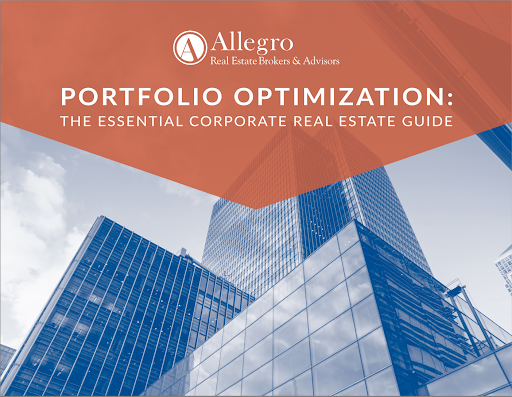Commercial lease agreements typically contain comprehensive sections and provisions, designed to protect both the tenant and the landlord throughout the lease period.
There are two common types of leases, and a third that you may come across on less frequent occasions:
- Gross lease.
- Net lease.
- Modified gross lease.
Each type of lease agreement poses its own unique set of benefits and disadvantages to tenants. Before entering your next commercial lease agreement, ensure that you understand the three main lease structures and how each can affect you.
What Is a Gross Lease?
While a gross lease can apply to different types of real estate, it is most commonly used in office properties. A gross lease rate consists of a base rent per square foot and additional operating expenses per square foot set during the base year. The base year is typically the year the lease is signed. As such, a gross lease rental rate is inclusive of rent and the first year’s operating expenses. Tenants, however, are still responsible for in-suite electricity costs.
As the tenant, you will still be responsible for your proportionate share of increases over the base year amount. In some cases, the base year is negotiable, setting the basis for how much and when increases in operating expenses are due. It is very important to enter into a gross lease with a firm understanding of the base year cost per square foot.
Base year operating costs will include:
- Insurance.
- Common area maintenance
- Real estate taxes.
To better understand gross leases, there’s a simple formula:
Gross Rent PSF = Net Rent PSF + Insurance + Common Area Maintenance + Real Estate Taxes
When you enter into a gross lease, you’ll know exactly how much you’ll pay each month in the first year, ultimately avoiding fluctuating payments due to use, repair, and other factors.
Conversely, if future expenses decrease, the tenant is responsible for operating costs associated with the original base year.
What Is a Net Lease?
Also known as “triple net lease” or “NNN lease,” net lease rental rates include only the base rent. They are typically seen in retail and industrial properties. Because net lease rates are lower than gross lease rates, there is an annual reconciliation required to cover the three “nets” or Insurance, Taxes and Common Area Maintenance charges. Upon reconciliation, tenants are responsible for their pro rata share of these expenses. Landlords will typically estimate these charges annually, bill them monthly, and reconcile them annually.
In triple net leases, the tenant is directly billed for part of common area utilities and other expenses associated with the common areas of the property. You are responsible for the proportionate share of:
- Operating expenses, including use, repair, and maintenance.
- Real estate taxes.
- Insurance.
- Property management services.
- Common area utilities.
In net leases, every expense is reconciled every year and tenants are only responsible for their pro rata share. Note: There is the risk to the tenant of more variability on a year-over-year basis with triple net leases.
What Is a Modified Gross Lease?
While less common, some properties advertise a modified gross lease. A modified gross lease is typically a hybrid approach combining some elements of a gross lease and net lease. Every modified gross lease is unique to the landlord and the building. Some expenses will be covered and included as part of the base rental rate and the base year expenses, while the remaining expenses are passed through on a pro rata share and reconciled annually.
Understanding the shift of risks related to operating expenses, and how to budget for and financially compare lease structures, will put you in the best position when evaluating CRE lease opportunities. As a tenant, ensure that you’re prepared before your next CRE decision.
Want more commercial real estate resources?
Our blog features frequent content, straight from our commercial real estate experts. Subscribe to receive weekly content right in your inbox, on topics like advice and opinions on the state of the industry, market reports, and updates about the Allegro team.
Editor’s note: This post was originally published in 2021, and has been updated and republished.







